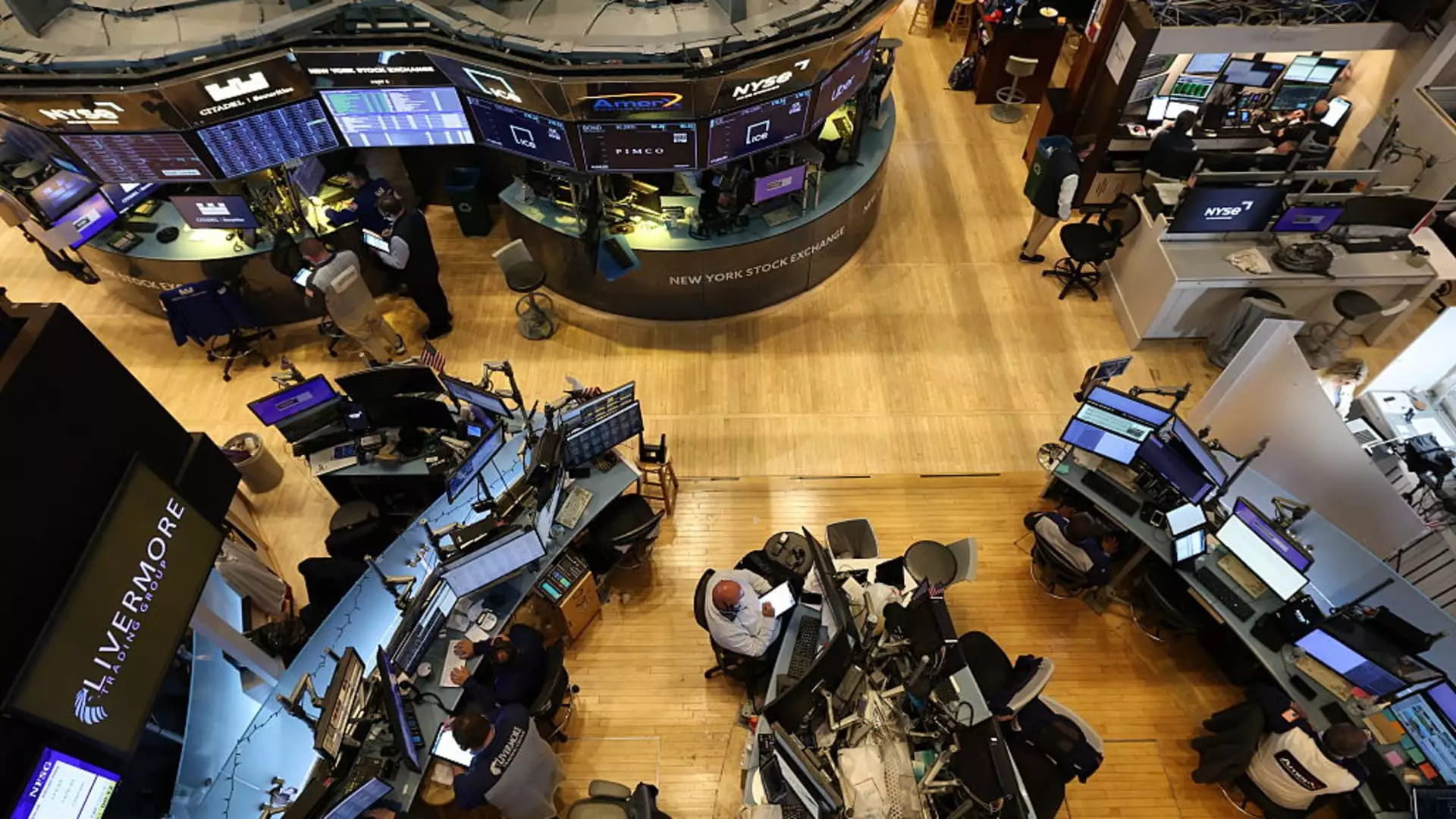The recent enactment of escalated tariffs by the Trump administration exemplifies a misguided and shortsighted approach to international trade. Rather than fostering beneficial economic policies, these measures serve as a manifestation of an overreach that jeopardizes global economic stability. The assumption that unilateral tariff hikes serve as leverage to secure favorable trade deals is fundamentally flawed. In reality, such tactics only breed retaliatory actions, cripple supply chains, and undermine the intricate web of international commerce that has been painstakingly built over decades. From a centrist liberal perspective, this aggressive stance exacerbates economic inequality and disregards the importance of multilateral cooperation for sustainable growth.
The Illusory Power of Tariffs and Its Economic Consequences
While proponents argue that tariffs protect domestic industries and promote national sovereignty, this narrative oversimplifies complex economic dynamics. Tariffs act as hidden taxes that inflate costs for consumers and businesses alike, leading to inflationary pressures and reduced purchasing power. The recent policies targeting key sectors and countries highlight a reckless desire for short-term political gains rather than long-term economic stability. Moreover, the unpredictability caused by such policies injects unnecessary volatility into markets, eroding investor confidence and discouraging the kind of innovative economic activity necessary for a thriving middle class. Far from strengthening the economy, tariffs threaten to deepen inequality and erode social cohesion.
The False Promise of Global Assertiveness
In asserting dominance through tariff threats, the administration dismisses the nuanced realities of international diplomacy. The reliance on punitive measures rather than constructive negotiation disregards the mutual benefits of fair trade. It ignores the fact that global markets are interconnected; the pain inflicted by tariffs ricochets beyond targeted nations, often hurting American consumers and workers in the process. A balanced, liberal approach recognizes that cooperation—rather than confrontation—is essential to address trade deficits, labor rights, and environmental standards. The current trajectory risks fostering economic nationalism that erodes the foundations of global collaboration, which are vital in an increasingly interconnected world.
Looking Beyond Short-Term Political Gains
This barrage of tariffs, including threats of up to 200% levies on pharmaceuticals and sector-specific duties, exemplifies a dangerous populist tactic that prioritizes visible displays of strength over sound economic policy. Such blustery strategies do little to solve underlying issues, such as technological innovation gaps or supply chain vulnerabilities, and instead prioritize in-the-moment political victories. From a progressive perspective, leadership should focus on fostering resilient, equitable economies that emphasize sustainable growth, fair wages, and environmental stewardship—not on scores in a global trade war. In this pursuit, diplomacy must be prioritized over unilateral punitive measures that threaten to ignite global upheaval.

Leave a Reply